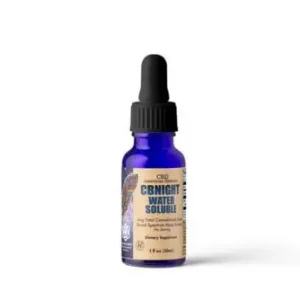-

-

CBD 1500mg Nano Water Soluble Tinctures – Primo Vibes
$120.00Select options This product has multiple variants. The options may be chosen on the product page -

CBD 500mg Nano Water Soluble Tinctures – Primo Vibes
$60.00Select options This product has multiple variants. The options may be chosen on the product page -

Water Soluble CBD Tincture 500mg – Primo Vibes
$60.00Select options This product has multiple variants. The options may be chosen on the product page -

CBD Extra Strength Water Soluble
$89.99 – $179.99Select options This product has multiple variants. The options may be chosen on the product page -

CBD VG Tincture 300mg
$59.99Select options This product has multiple variants. The options may be chosen on the product page -

CBD Water Soluble Drops 300mg
$59.99Select options This product has multiple variants. The options may be chosen on the product page -

-

-

CBNight Water Soluble Drops
$19.95 – $99.95Select options This product has multiple variants. The options may be chosen on the product page
